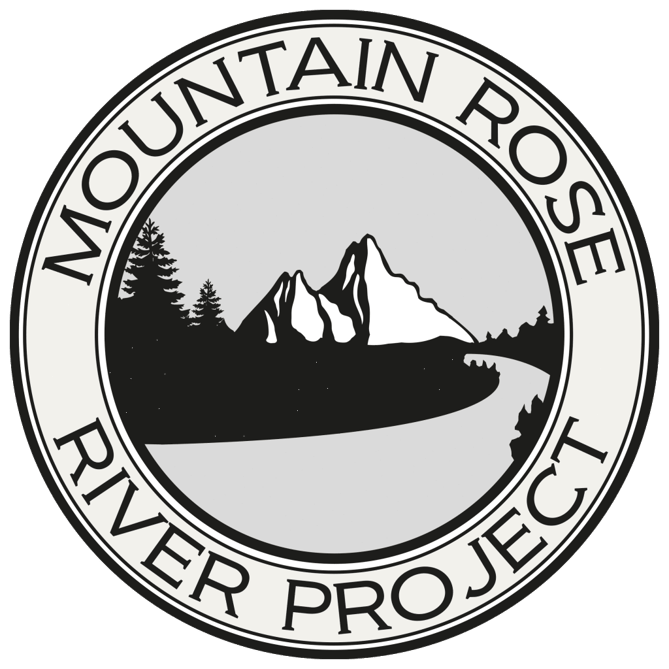We lucked out at our most recent Mountain Rose River Project! The sun was shining and the ground was fairly dry, which is a rare occurrence in Oregon this time of year. We rounded up twelve Mountain Rose employees, including co-owner and Vice President, Shawn Donnille, and traveled to a hidden section of the Willamette National Forest. Our mission was to remove invasive English ivy and help protect native plant and aquatic species.
Since 2009, Mountain Rose River Project volunteers have returned to the same forested area in an effort to curtail English ivy from a full-on takeover. Shawn went out the day before to identify hotspots, loosely tying bright pink marking tape to tree branches. We started near an unmarked trailhead and worked toward the river bank, removing the pink tape as we went to indicate what sections had been covered.
English ivy (Hedera helix) is an aggressive vine species originally imported from western Europe as a landscaping plant. Ivy grows rapidly in a variety of conditions, and that’s what makes it so dangerous. It crowds out native forest species, climbs and strangles trees, and wreaks havoc on the natural landscape. I recently learned that it’s illegal to cultivate and sell types of English ivy in Oregon!
Hand-pulling ivy is an arduous process, but it's also the most effective way to remove it without use of herbicides that harm our environment. The group of Mountain Rose volunteers picked the forest floor clean of ivy, grabbing the roots and gently pulling. It’s important to remove every bit of stem and root because if left behind, ivy stems as short as 6 inches can regenerate! We pulled, gathered, and used wheelbarrows to transport the piles to an area with pavers where the ivy could dry out and start to decompose.
We stretched out in the glorious sunshine while eating lunch and chatting about the fantastic progress we had made that morning. After lunch we pressed on, covering more ground than we thought we could. In the afternoon, some of the group tackled a steep section of river bank pulling ivy from under rocks and tree roots. All told, we removed 6 cubic yards of invasive English ivy! It’s incredible to revisit the same site year after year and see the difference our work makes.
Learn more about our sustainability efforts!











